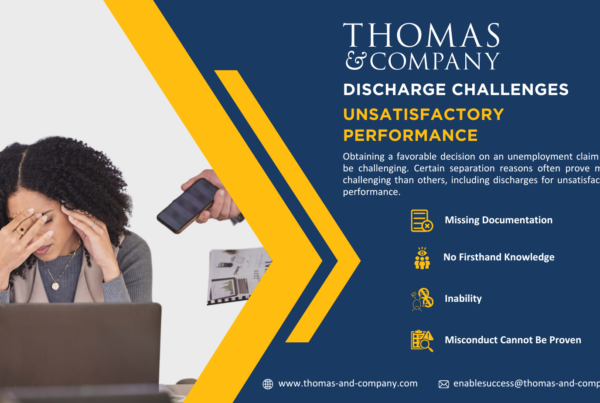Unemployment benefits serve as a critical safety net for individuals who find themselves without work through no fault of their own. However, to qualify for these benefits, applicants must meet several eligibility criteria. Understanding these requirements is essential for both employers and employees navigating the unemployment insurance system. Here are the primary factors that determine eligibility for unemployment benefits:
- Totally or Partially Unemployed Due to No Fault of Their Own
The cornerstone of eligibility for unemployment benefits is that the individual must be either totally or partially unemployed through no fault of their own. Unemployment must not be due to reasons within the employee’s control, such as voluntary resignation without good cause or dismissal for misconduct.
- Monetarily Eligible
To be monetarily eligible for unemployment benefits, applicants must have earned a minimum amount of wages during a specific base period, which is typically the first four of the last five completed calendar quarters before filing the claim. The exact monetary requirements vary from state to state, but they generally ensure that the applicant has a substantial attachment to the labor market.
- Able to Work
Applicants must be physically and mentally capable of working. This means the individual should not have any health conditions that prevent them from performing work duties. If there are any medical restrictions, they should not significantly limit the type of work the individual can accept. This requirement ensures that only those who are genuinely able to take up employment are eligible for benefits.
- Available for Work
Being available for work means that the individual must be ready and willing to accept suitable employment. The individual should be available for work during the usual hours for their occupation, should be willing to accept a reasonable job offer within a reasonable commuting distance, and they should not have personal commitments, such as childcare or school, that would prevent them from working. This criterion ensures that applicants are genuinely in a position to return to work if an opportunity arises.
- Actively Seeking Work
Applicants must demonstrate that they are actively seeking employment. Most states have specific requirements about the type of work searches that qualify and require a check-in regarding these actions. They typically include things like applying for jobs, interviewing, and/or engaging in activities that could reasonably lead to employment, such as attending job fairs, networking, or utilizing employment services.
Interested in learning more about the unemployment process? Let Thomas & Company’s team of industry experts help you and your team learn more about unemployment while managing the administrative and financial burdens associated with the program.
Contact us today for more information about how we can enable your success!



